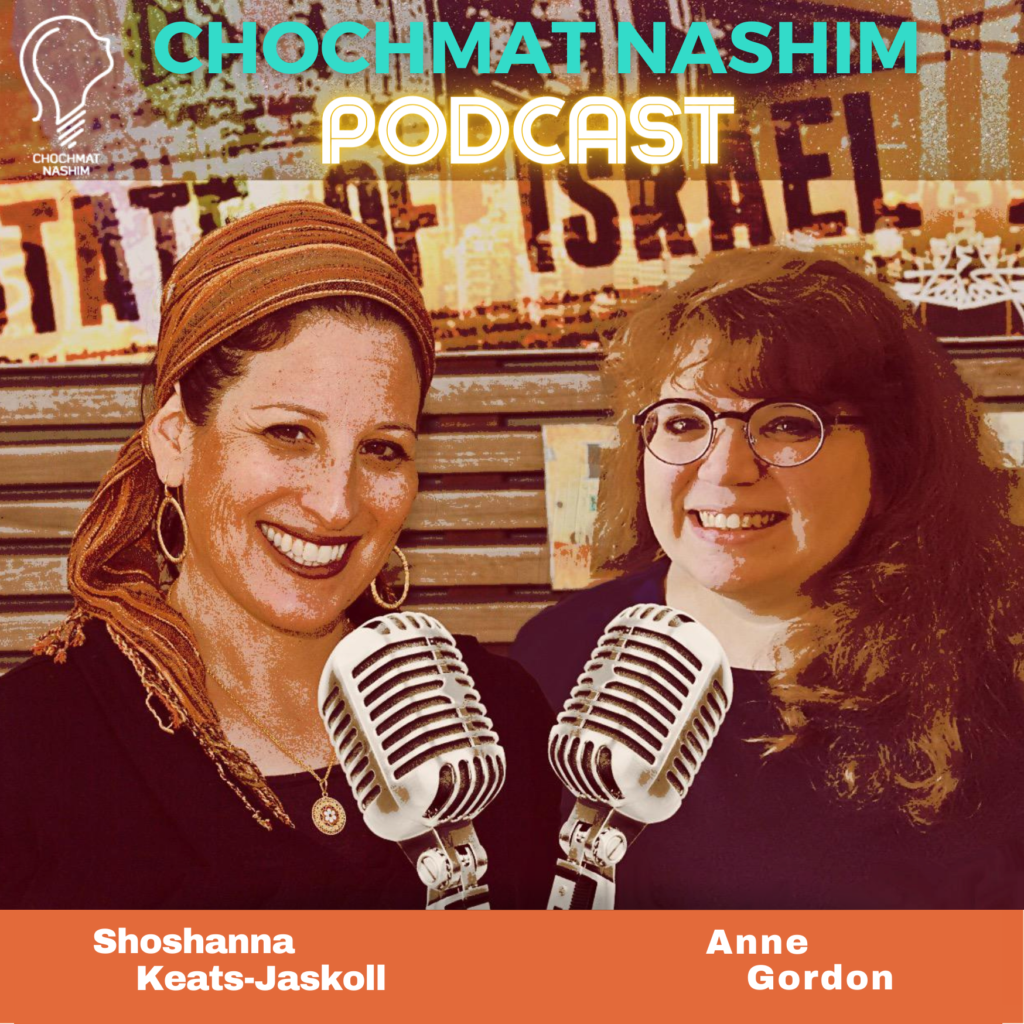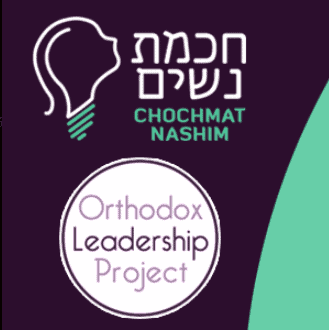Dr. Chavi Kahn joins Anne and Shoshanna to reflect on the legacy of her father, Rabbi Moshe Kahn, z”l, beloved Talmud rebbe at Stern College — and the recent brouhaha when Stern (temporarily) cancelled its lower level course offerings in Talmud. Why does it matter whether Stern College offers Talmud to its female students? And why should women be learning Talmud to begin with?
Music: “Misery” by The Whips

